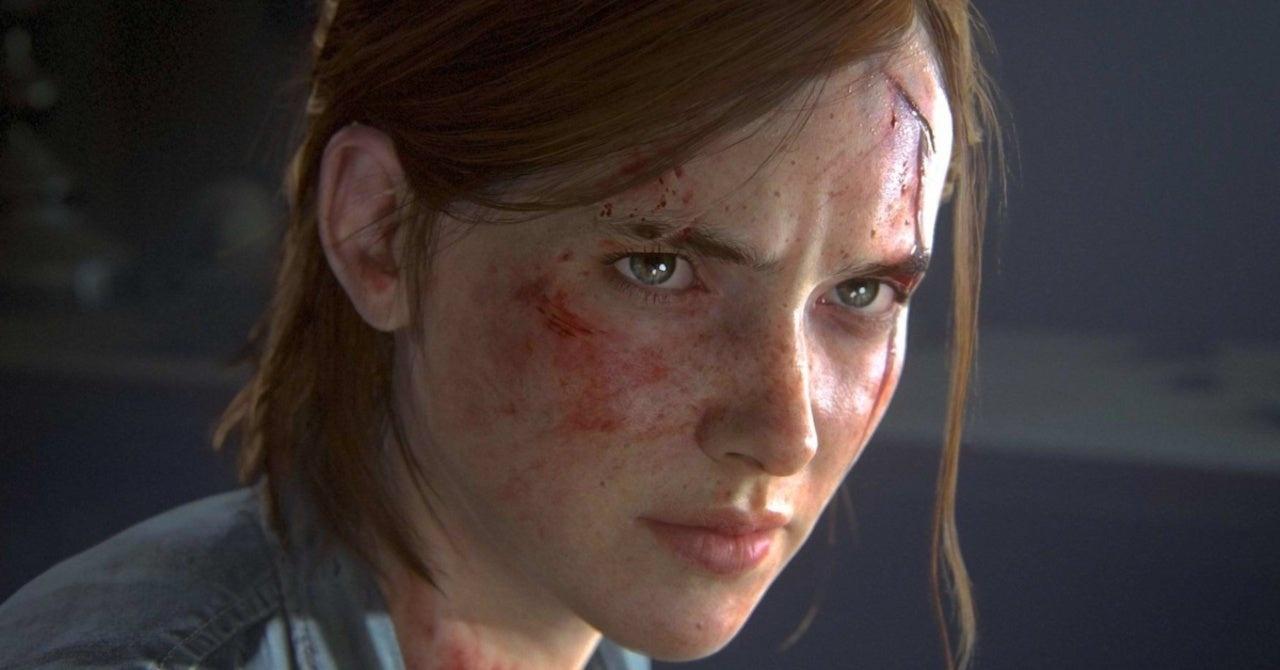In a recent comprehensive analysis regarding its brand and future, Sony revealed that the upcoming PlayStation 6 is a priority, with projections suggesting a possible launch in 2027. This raises an important question: despite robust sales figures, has this generation truly been beneficial for PlayStation, particularly regarding its PS5 exclusives?
This generation has been marked by unique challenges. The availability of what can be classified as “true” PS5 exclusives—games that fully leverage the console’s capabilities without being cross-generational with the PS4—has been limited.
At the forefront of successful PS5 exclusives is Astro Bot, a critically acclaimed title that has been described as PlayStation’s answer to Nintendo’s finest. This game, awarded Game of the Year, stands out as a true PS5 exclusive, celebrating the PlayStation brand itself.
Other notable titles include a duo from the Final Fantasy franchise. The first, Final Fantasy XVI, faced discussions over its performance and is no longer a PS5 exclusive, having been released on Xbox. Meanwhile, Final Fantasy VII Rebirth, the sequel to Remake, was originally a PS4 launch title, complicating its categorization as a PS5 exclusive.
While the Demon’s Souls remake can be acknowledged, it’s essential to remember that it is a reimagining of an existing title. Ratchet and Clank showcased PS5 technology effectively, although it went somewhat overlooked. Returnal has garnered a cult following, yet its sales figures did not meet expectations.
A standout PS5-only game was Stellar Blade, produced by a studio independent of Sony, highlighting the company’s ability to recognize potential in collaborations. Helldivers 2 also found success but was released simultaneously on PC, where it garnered significant attention on Steam.
The most significant recent release, Marvel’s Spider-Man 2, faced its own criticisms, as it tripled production costs compared to the first game without presenting substantial improvements, reusing large sections of the city from its predecessor, along with a character already introduced in a side game. Projects like a Venom spin-off and a Spider-Verse multiplayer game were ultimately scrapped. Fortunately, the PS5-exclusive Ghost of Yotei is set to launch this fall, and early indications suggest it may become the leading PS5 exclusive, second only to Astro Bot. Anticipation also surrounds Hideo Kojima’s upcoming Death Stranding 2, likely to provide a significant boost to the platform.
While numerous games have been released, the question remains: how many carry true significance? Notably absent from the roster of PS5 exclusives are major contributions from key studios like Guerilla, Sony Santa Monica, and Naughty Dog, which has primarily focused on remastering its Last of Us titles. Although Naughty Dog announced Intergalactic: The Heretic Prophet, it might not debut until the PlayStation 6 era. There is uncertainty surrounding the release timeline for new Horizon or God of War titles from these studios and any new intellectual properties aside from sequels.
In a noteworthy move, Sony acquired Bungie for $3.6 billion during this generation, but the expected innovation has not materialized, with Bungie continuing to develop Destiny 2 and struggling with the seemingly precarious Marathon. Neither of these efforts holds exclusivity, let alone PS5 exclusivity.
While gamers have had content to enjoy, the lack of true PS5 exclusives has become apparent, with Stellar Blade being perhaps the most significant introduction of new intellectual property not directly developed by Sony. Square Enix’s increasingly rigid partnership with PlayStation may also lead to reconsiderations in their sales strategies.
This is not to suggest that Xbox has had a stellar generation; significant hardware sales declines and the near absence of Xbox exclusives have been noted as well. Yet when comparing the PS5’s exclusive offerings to previous generations, this era might rank lower, possibly fourth or fifth. It remains to be seen if the PlayStation 6 will improve upon this situation when it eventually arrives.

